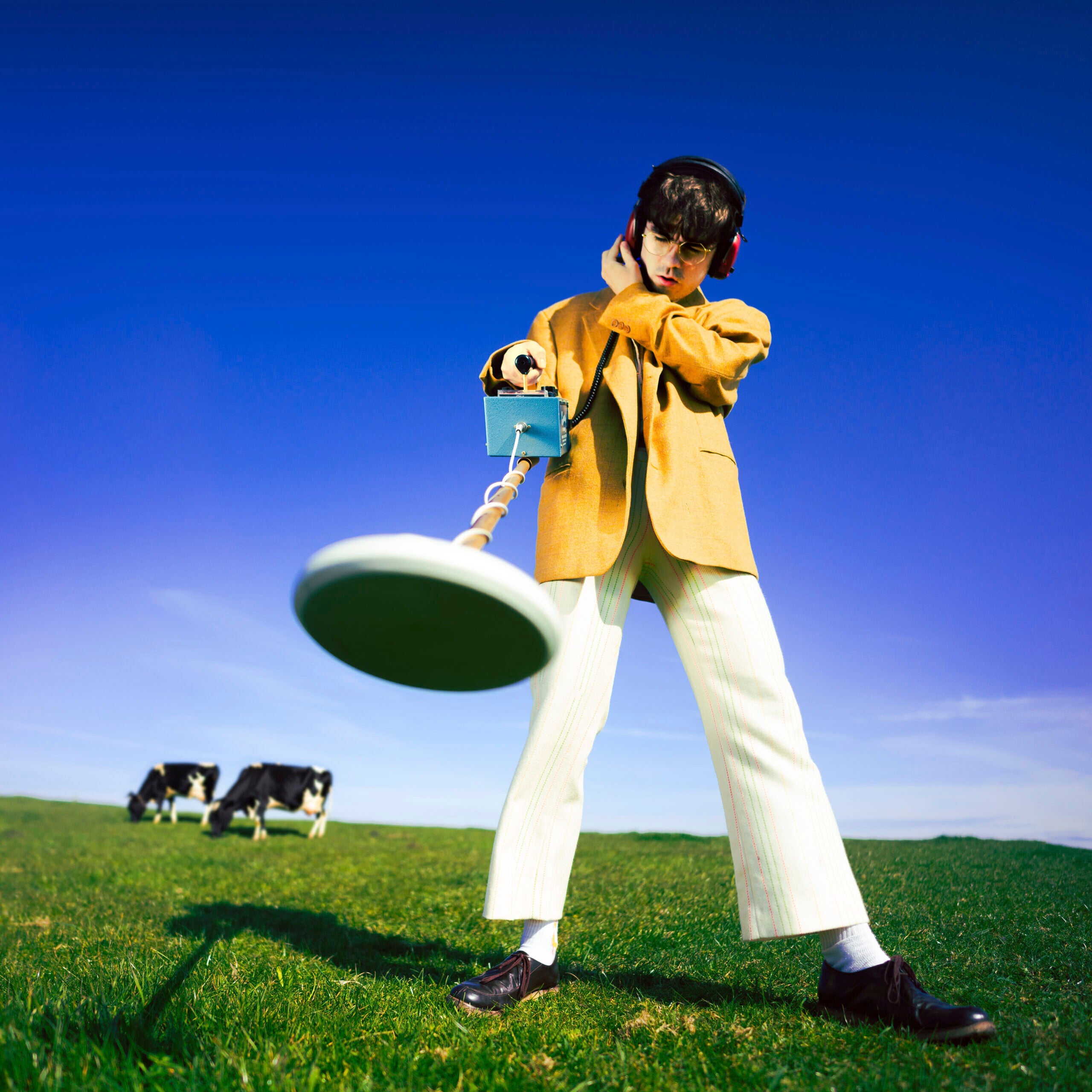Music Review: Declan McKenna’s 'What Happened to the Beach?' is a warped, pop sonic adventure
British pop singer-songwriter Declan McKenna is back with his third studio album, the bright “What Happened to the Beach?”

Your support helps us to tell the story
From reproductive rights to climate change to Big Tech, The Independent is on the ground when the story is developing. Whether it's investigating the financials of Elon Musk's pro-Trump PAC or producing our latest documentary, 'The A Word', which shines a light on the American women fighting for reproductive rights, we know how important it is to parse out the facts from the messaging.
At such a critical moment in US history, we need reporters on the ground. Your donation allows us to keep sending journalists to speak to both sides of the story.
The Independent is trusted by Americans across the entire political spectrum. And unlike many other quality news outlets, we choose not to lock Americans out of our reporting and analysis with paywalls. We believe quality journalism should be available to everyone, paid for by those who can afford it.
Your support makes all the difference.British pop singer-songwriter Declan McKenna is back with his third studio album, the bright and experimental “What Happened to the Beach?”
At 16, McKenna burst onto the music scene with his 2015 hit “Brazil,” a protest song about FIFA’s politics, a song that's since earned over 480 million streams on Spotify. McKenna went on to win Glastonbury’s emerging artists award in 2015 and released his debut album “What Do You Think About the Car?” in 2017. His second record, the 2019 concept album “Zeros,” rose to No. 2 in the UK charts, celebrated for its ambitiousness.
“What Happened to the Beach?” purposefully moves away from the artist's previous thematic projects, and instead reveals that McKenna, now 25, is focused on sonic experimentation.
The record was made largely in Los Angeles. That location and its chill, sunny, sometimes blasé attitudes served as inspiration for McKenna, who told Rolling Stone UK that the album “doesn’t always demand your attention” in the way some of his past works have. Instead, many of the tracks act like soundscapes, collages of feelings and observations represented by layered instrumentals, found sounds and distorted vocals.
By not “demanding attention," the tracks are free to become melodically strange and compelling — immersing the listener in the buzzed, dreamlike world they exist within instead of simply soundtracking reality.
That’s especially felt in “Breath of Light,” with its lyrics: “Would you catch me in the center of your cosmic sin/Where the devil’s sippin’ cordial I just can’t win," set to a background of guitar, percussion and synths, with contorted whispers and hums.
Some tracks have more traditional indie pop hooks: “Nothing Works” is fast-paced, upbeat and catchy; “It’s an Act” softens into a trippy serenade; “Mulholland’s Dinner and Wine” reflects on the characters and setting of Los Angeles with a warped production that recalls other contemporary psychedelic pop like Still Woozy and Glass Animals.
But then there are moments like “I Write the News," “WOBBLE” and the album’s three collaged interludes, “Mystery Planet Pt. 1-3,” that shake the listener out of that familiar atmosphere for a moment, almost as if to remind them that they're under McKenna's trance. For example: The second and third “Mystery Planet” honor the album's geographic muse with radio sounds and warped repetitions of the spoken phrase “Los Angeles."
Throughout the project, it’s clear that this is simply a freer version of the McKenna listeners have come to know at play — one who’s willing to make boundary-pushing, personality-revealing choices with his productions, just as he always has with his lyrical topics.
___
AP music reviews: https://apnews.com/hub/music-reviews